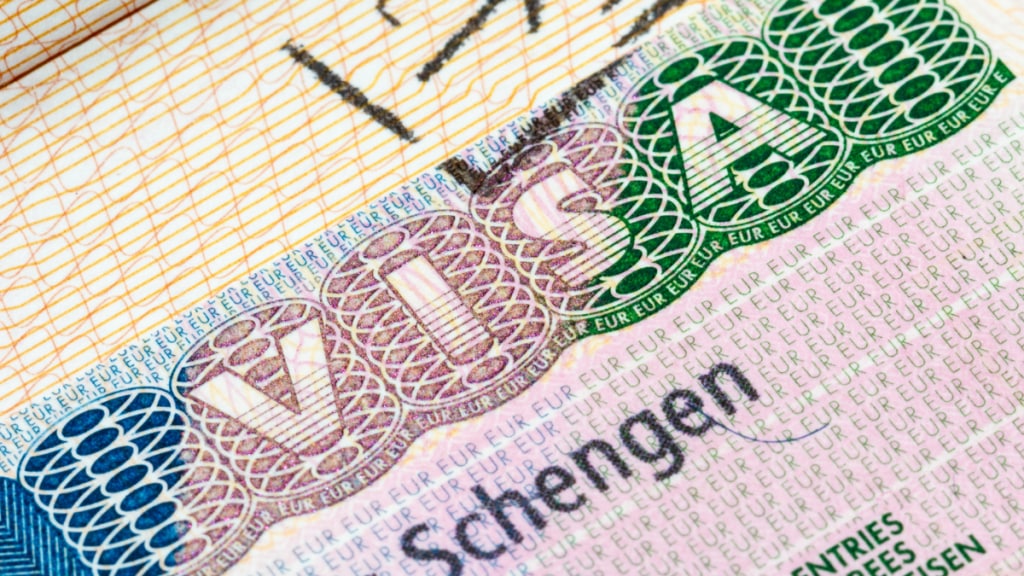The Schengen visa process is likely to get more complicated for Indians in the coming days as Germany scraps its informal visa appeal system. The move is expected to streamline the visa process for people across the globe — potentially eliminating long waits and unclear rejection reasons. At the same time it removes all avenues for rejected applicants to informally appeal visa refusals.
“The Federal Foreign Office has decided to abolish the remonstration procedure for visa rejections worldwide from July 1. This eliminates a legal remedy in the visa application procedure that is not statutorily prescribed and which up to now has been granted voluntarily,” explained a recent article on the German Missions in India website.
The decision was taken following a two-year pilot project which revealed that dispensing with the remonstration procedure often freed up staffers to process additional applications.
What is changing?
Applicants looking to obtain a Schengen visa through Germany have so far been able to contest rejections through an accessible embassy-level route. The ‘remonstration process’ had allowed students, skilled professionals, and tourists to submit a letter seeking re-evaluation if their application was denied — without any additional costs or legal involvement. This process is now being cancelled for people across the globe. From July 1, such travelers will have to either summit a fresh application or initiate a (potentially lengthy and expensive) legal appeal in German courts.
“Adequate legal protection will also be guaranteed in the future, for judicial review under law will not be limited by the abolition of the remonstration procedure. Furthermore, it goes without saying that all applicants have the option of submitting a new visa application at any time in the case of a rejection,” the Embassy website reiterated.
The country had denied 206,733 Schengen visa applications in 2024 with a rejection rate of 13.7%. Schengen visas allow the holder to travel freely in the Schengen area for short stays of a maximum of 90 days in any 180-day period. The visas are not purpose-bound, but they do not grant the right to work.
Indians make up a considerable portion of the applications for German Schengen and national visas — especially for higher education, skilled employment and tourism. The decision is expected to have a substantial impact on Indians with rejected applicants now facing higher costs and longer timelines.


